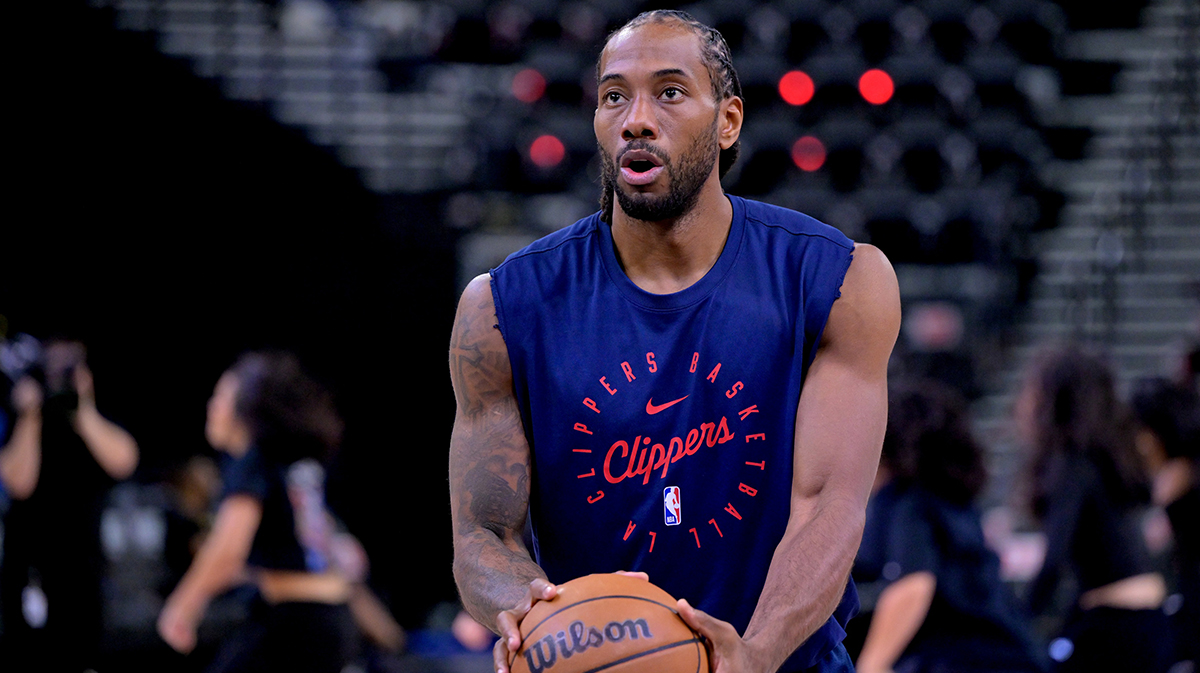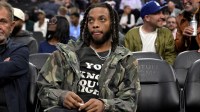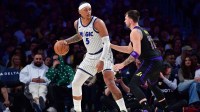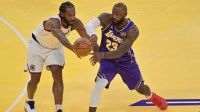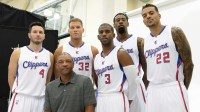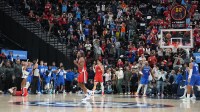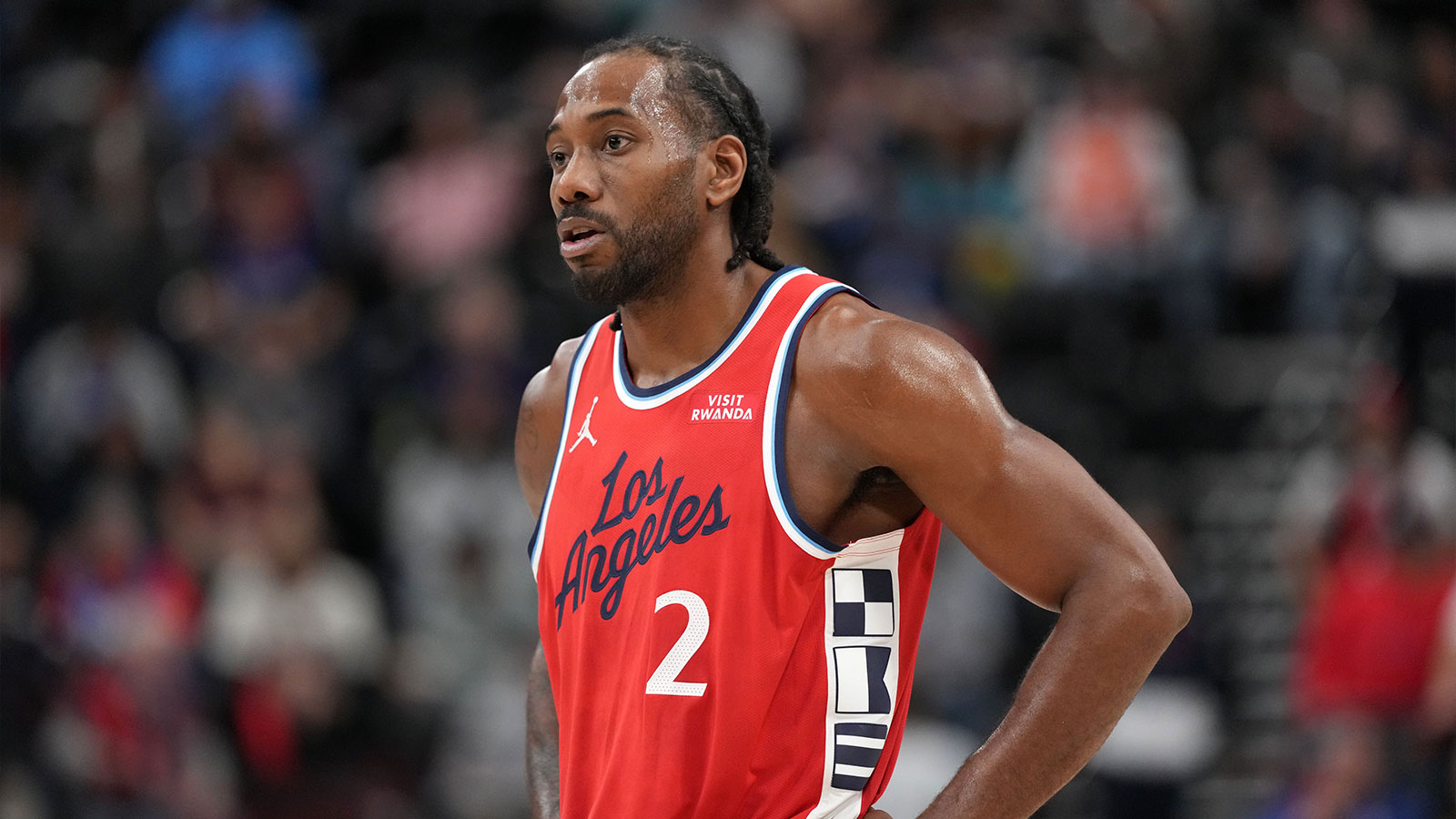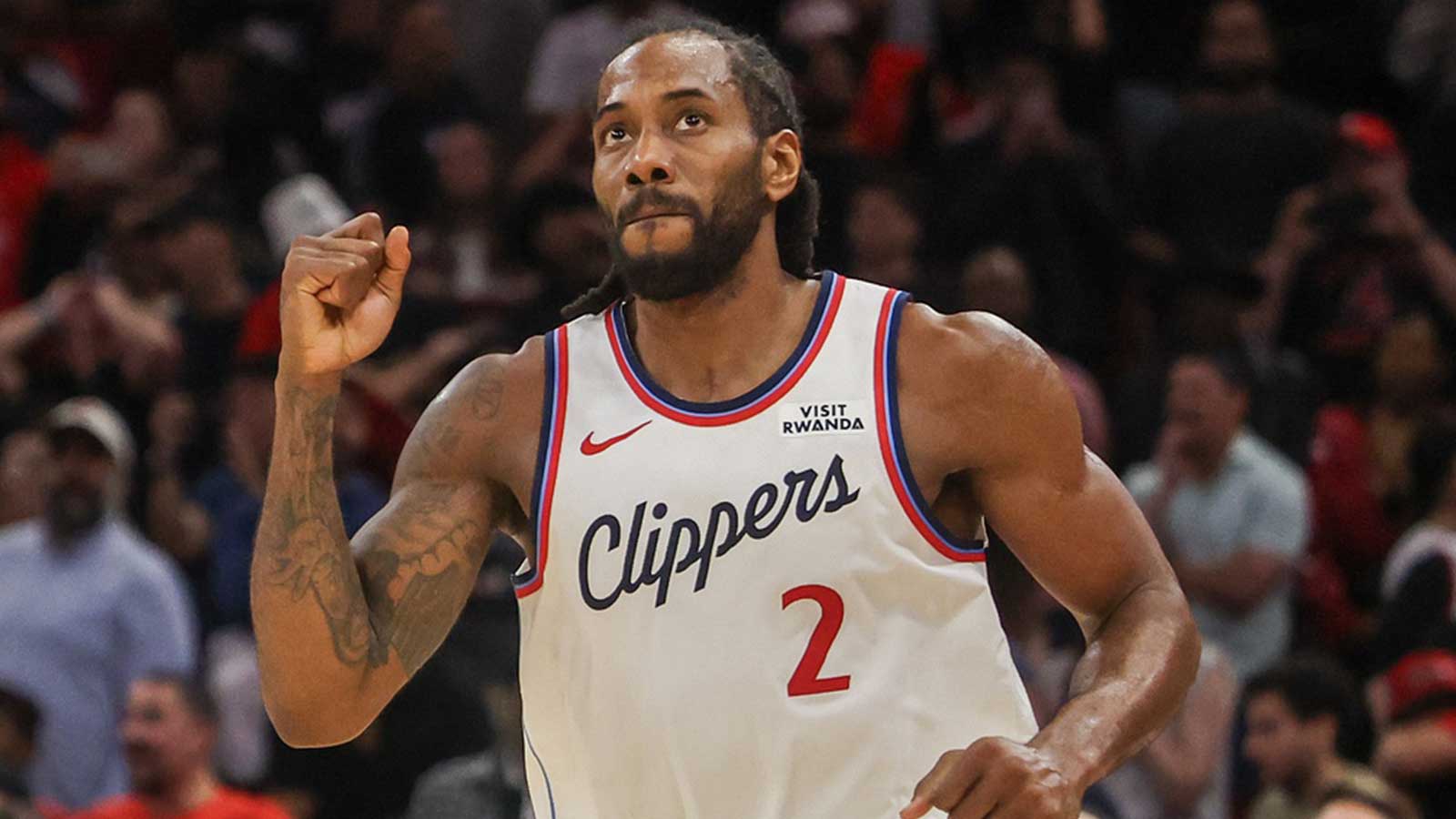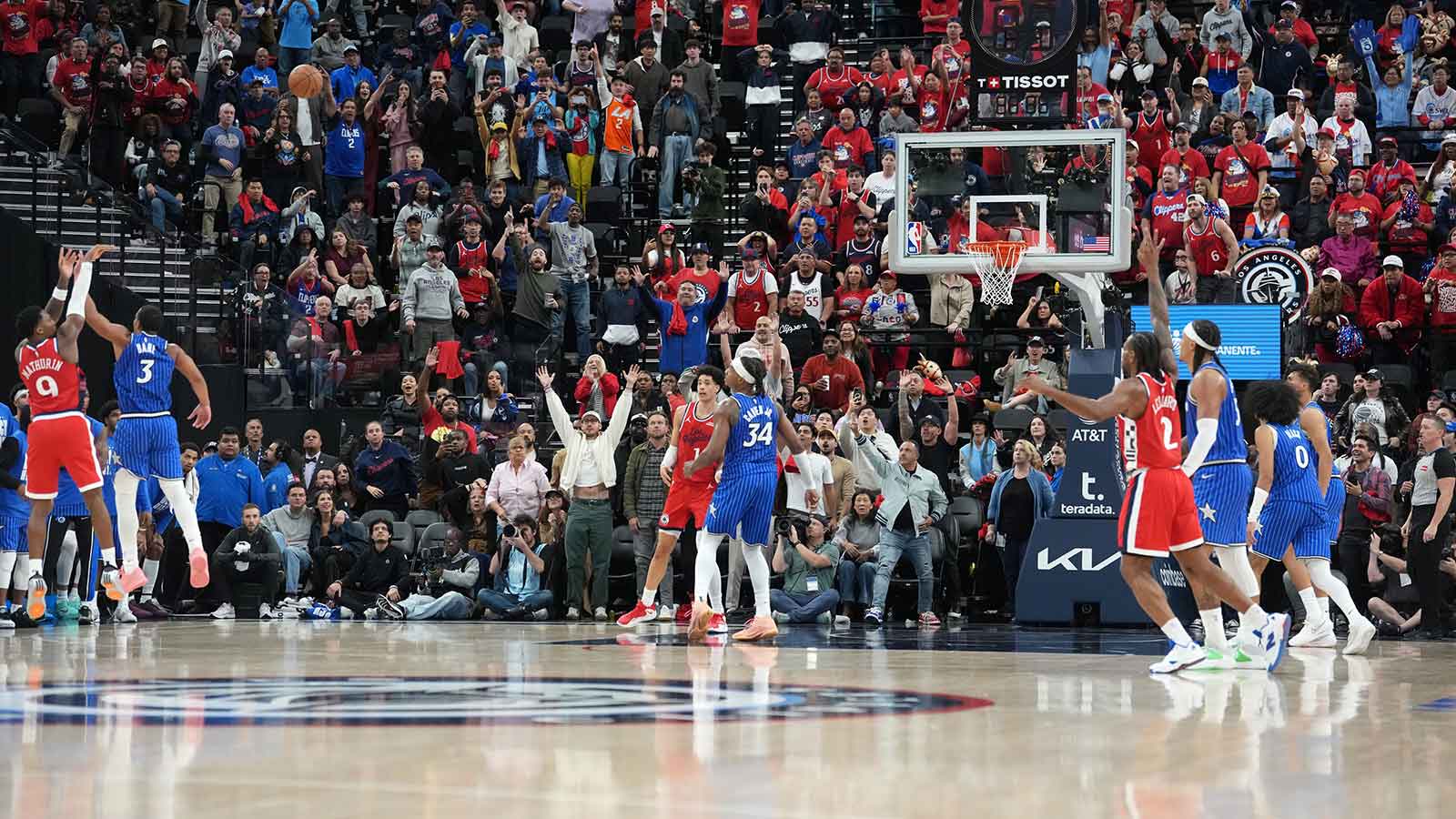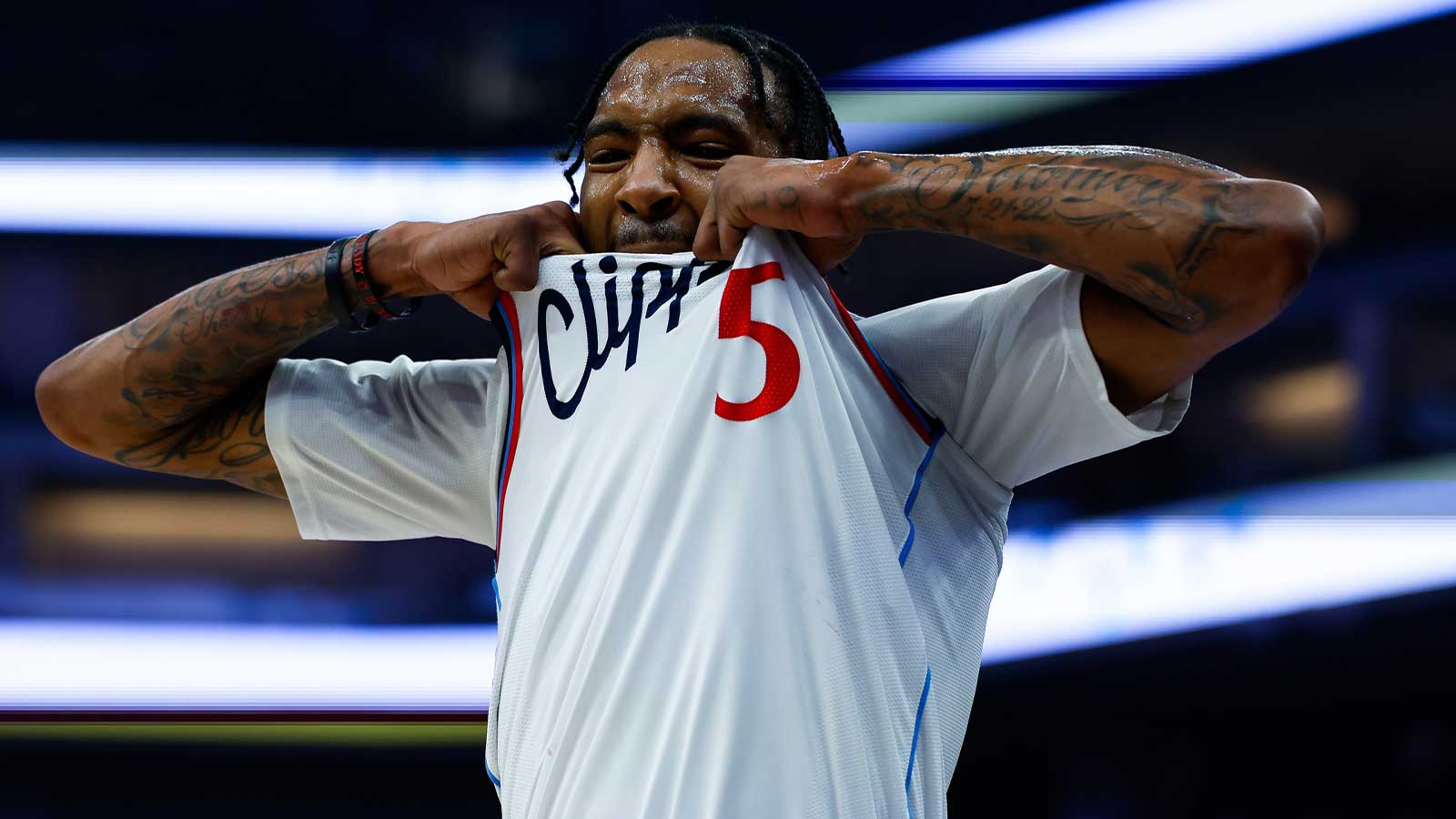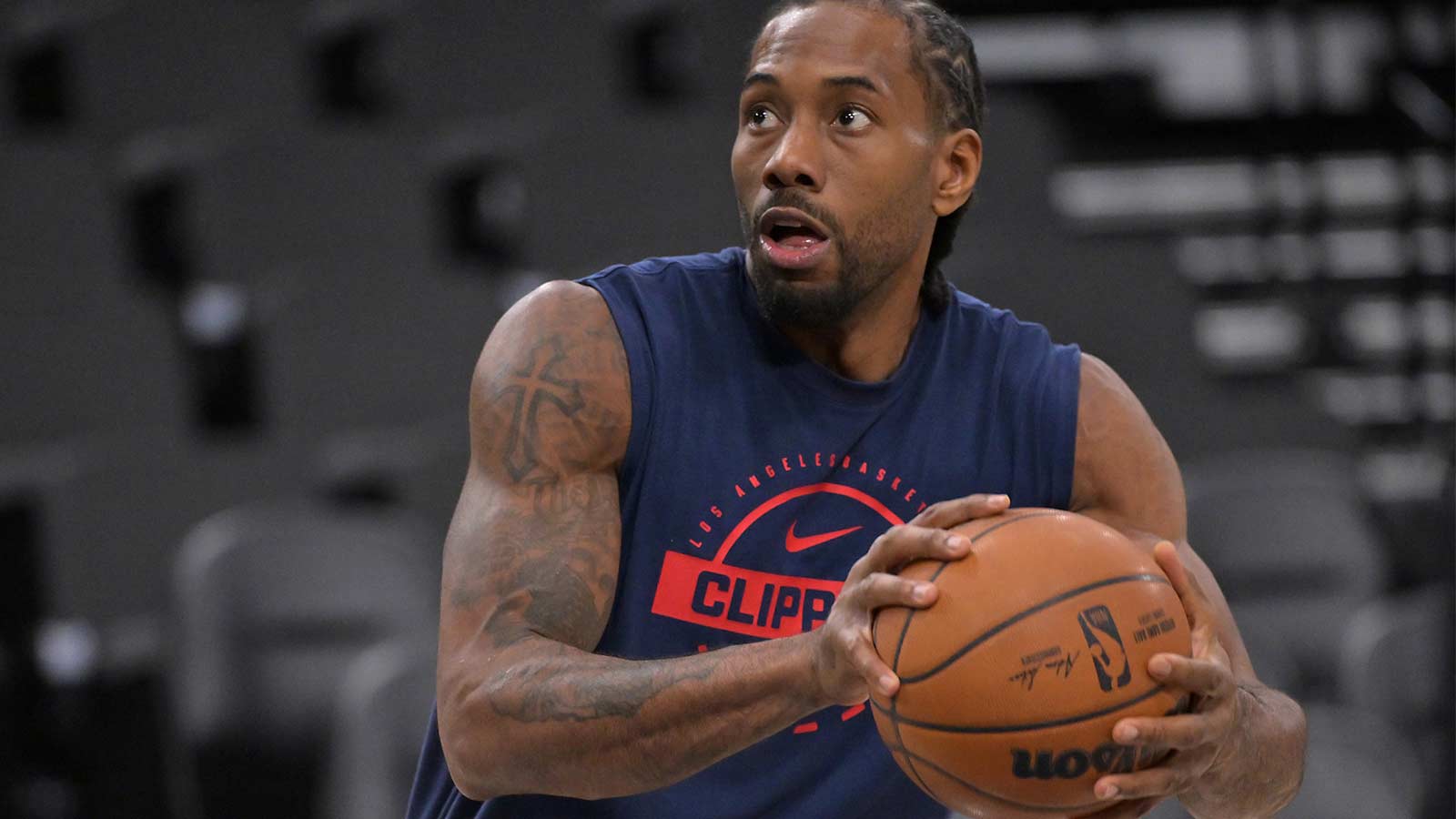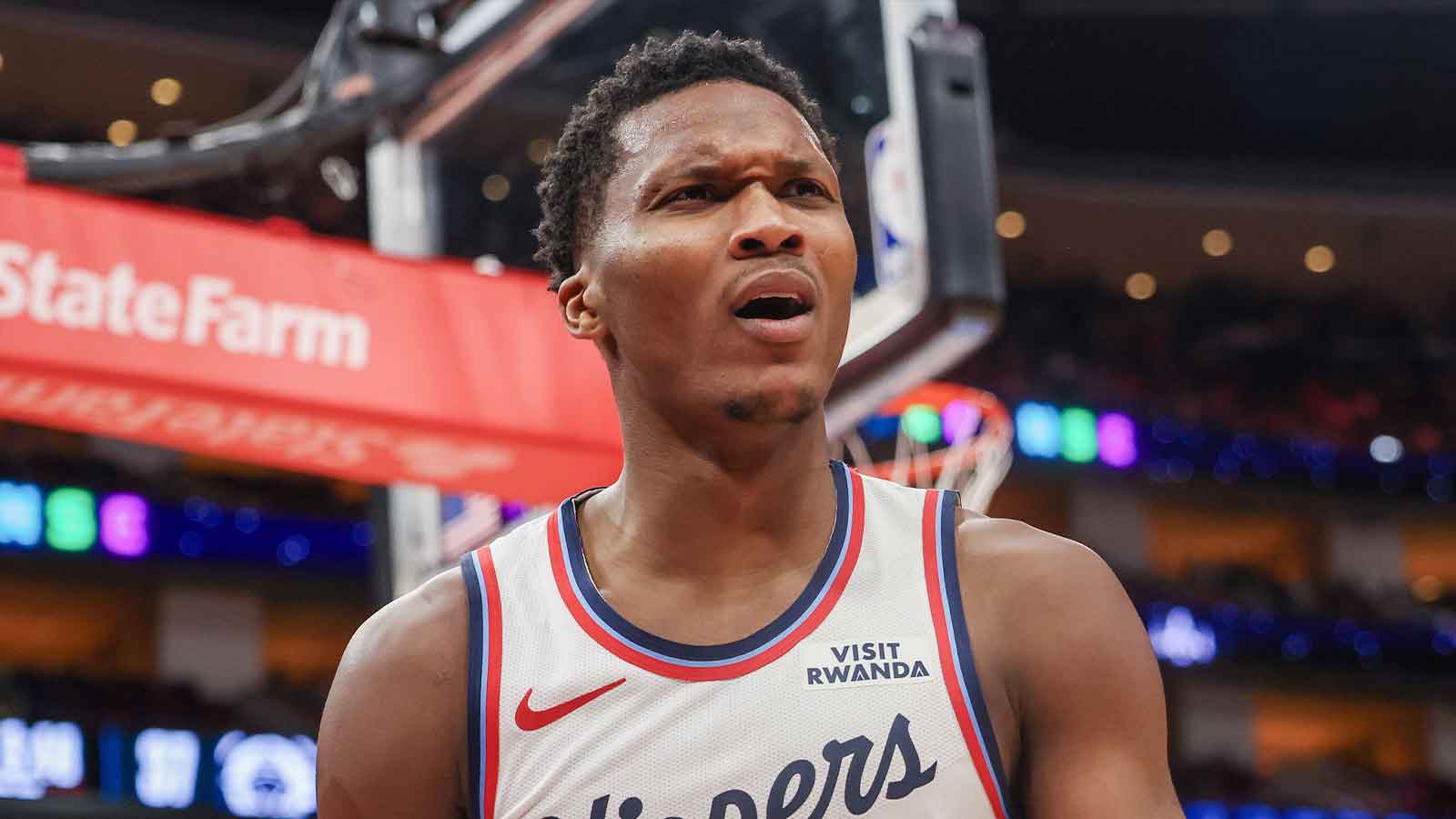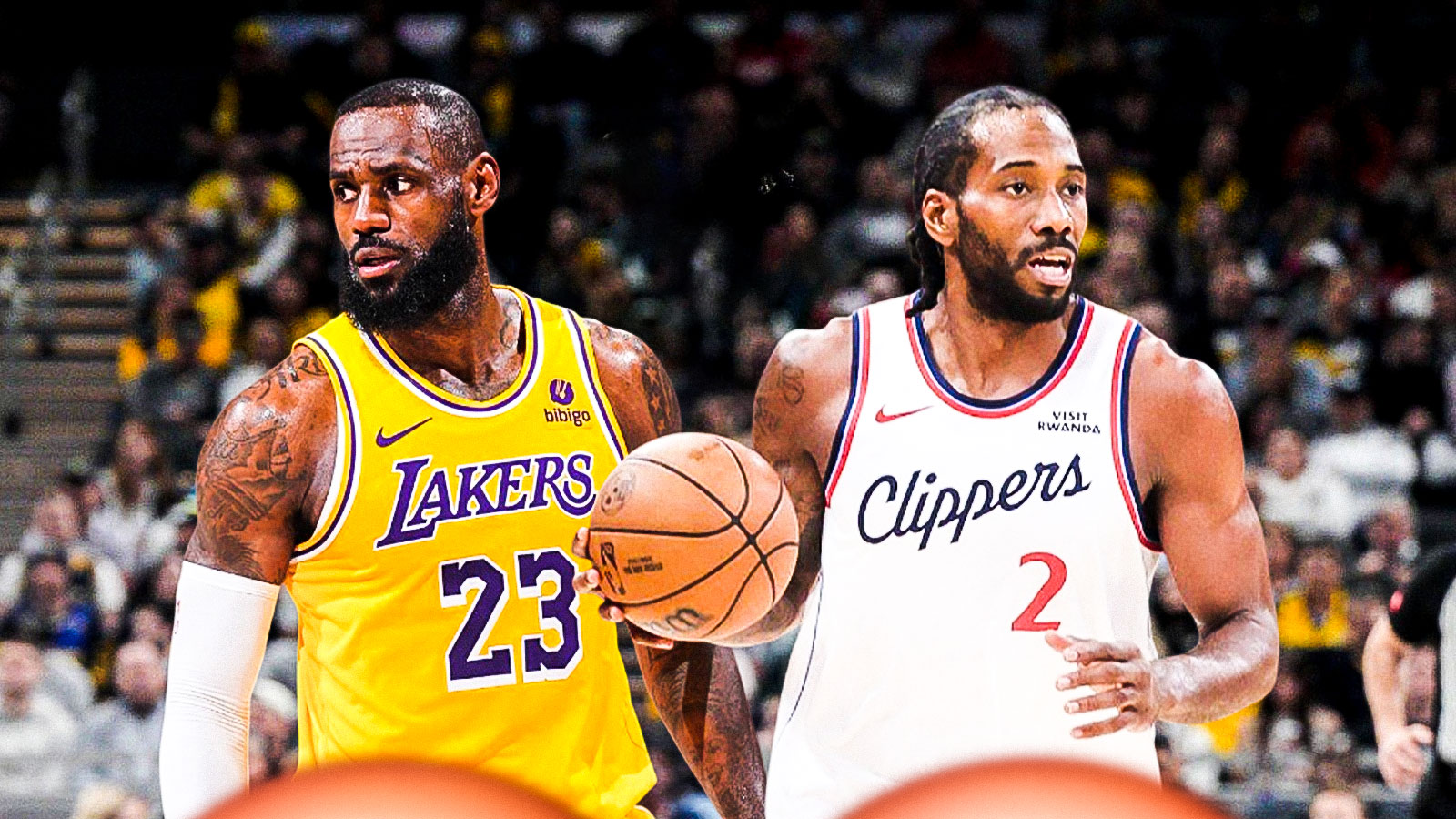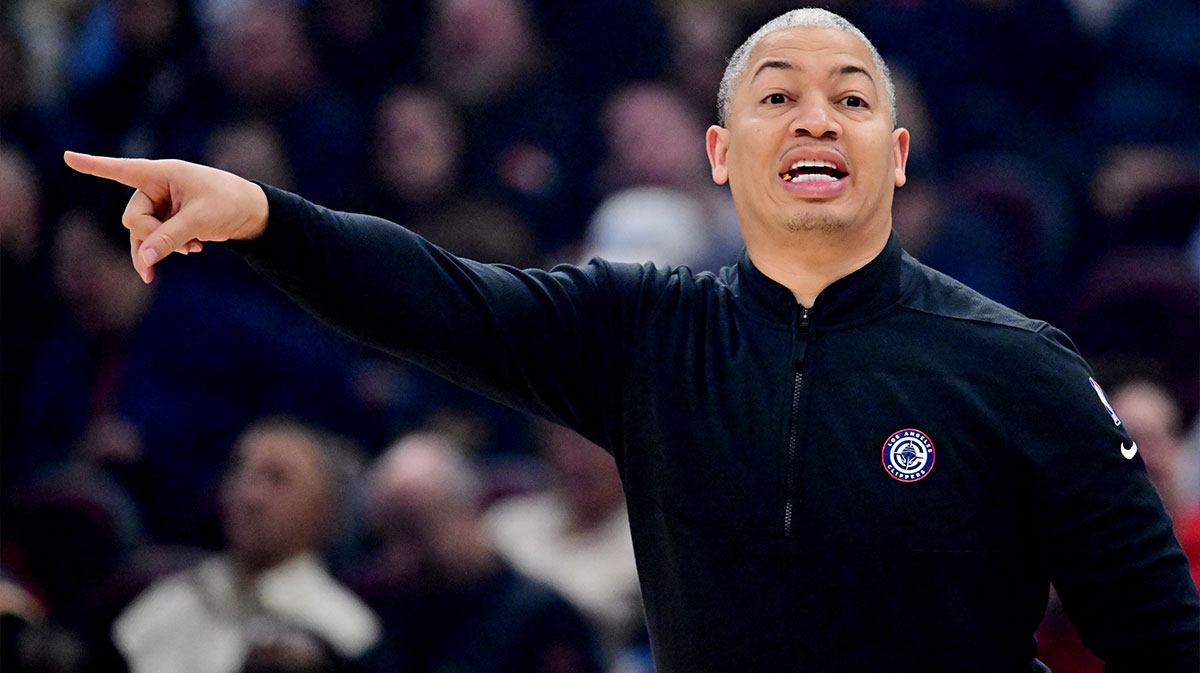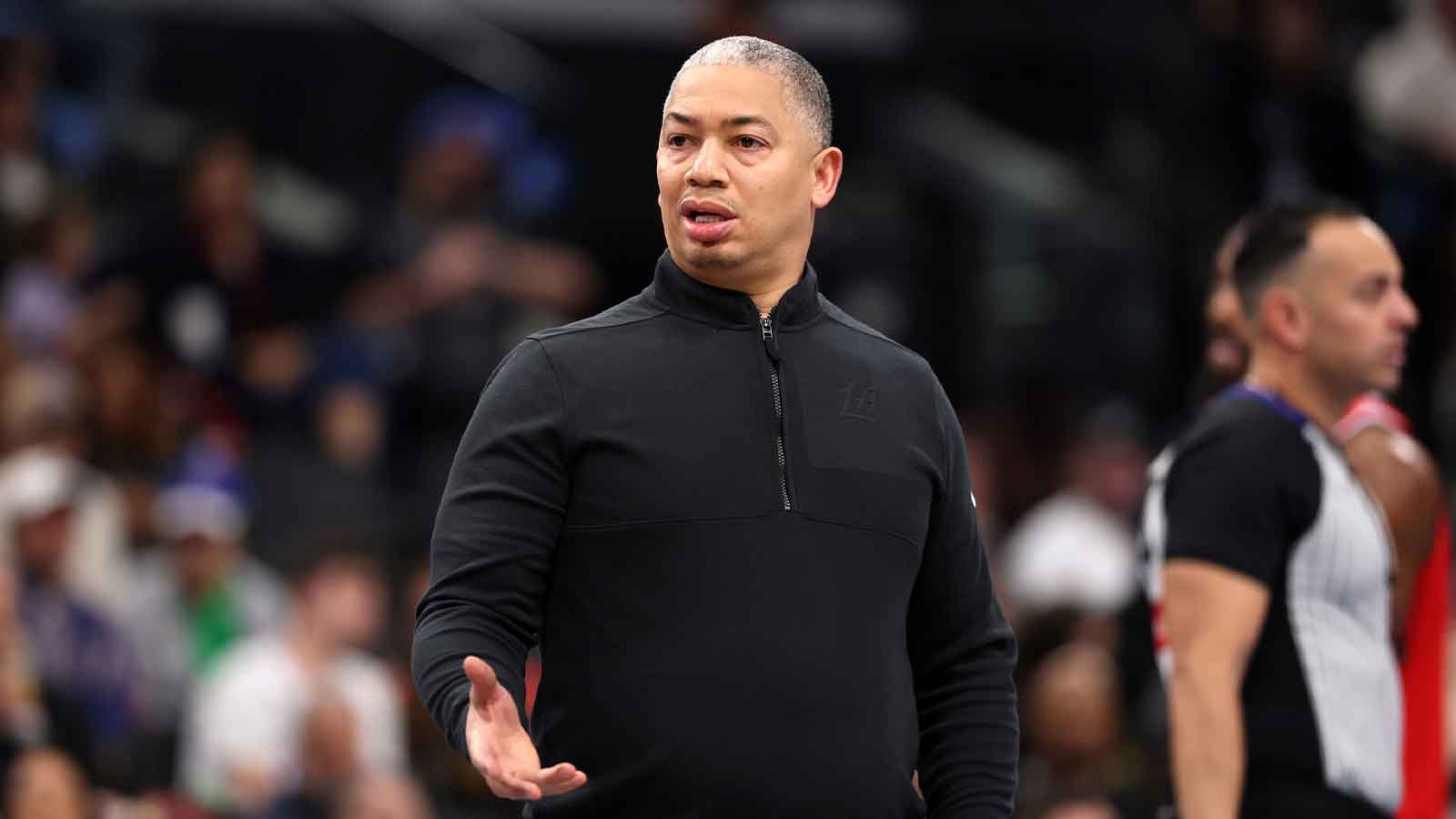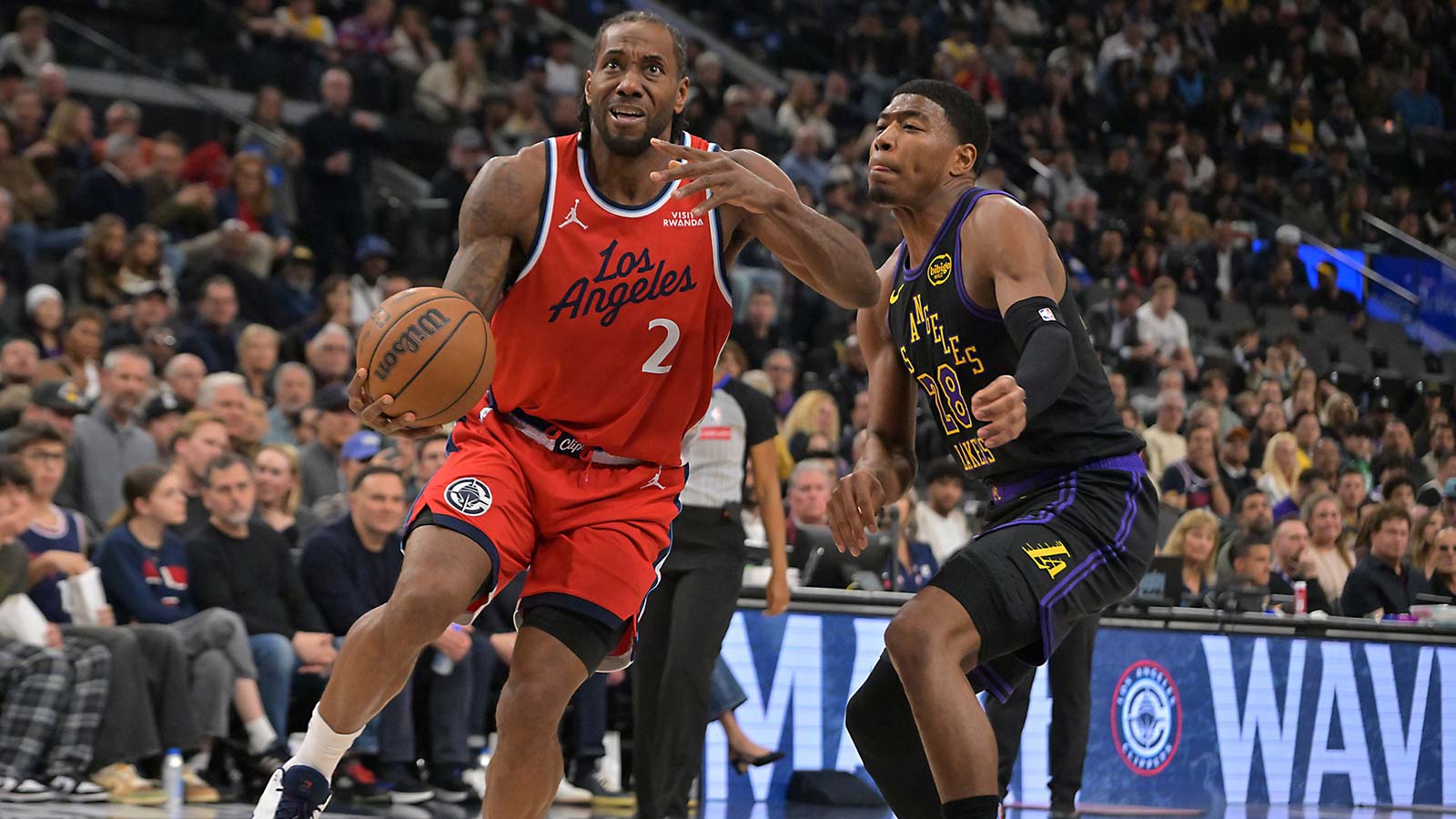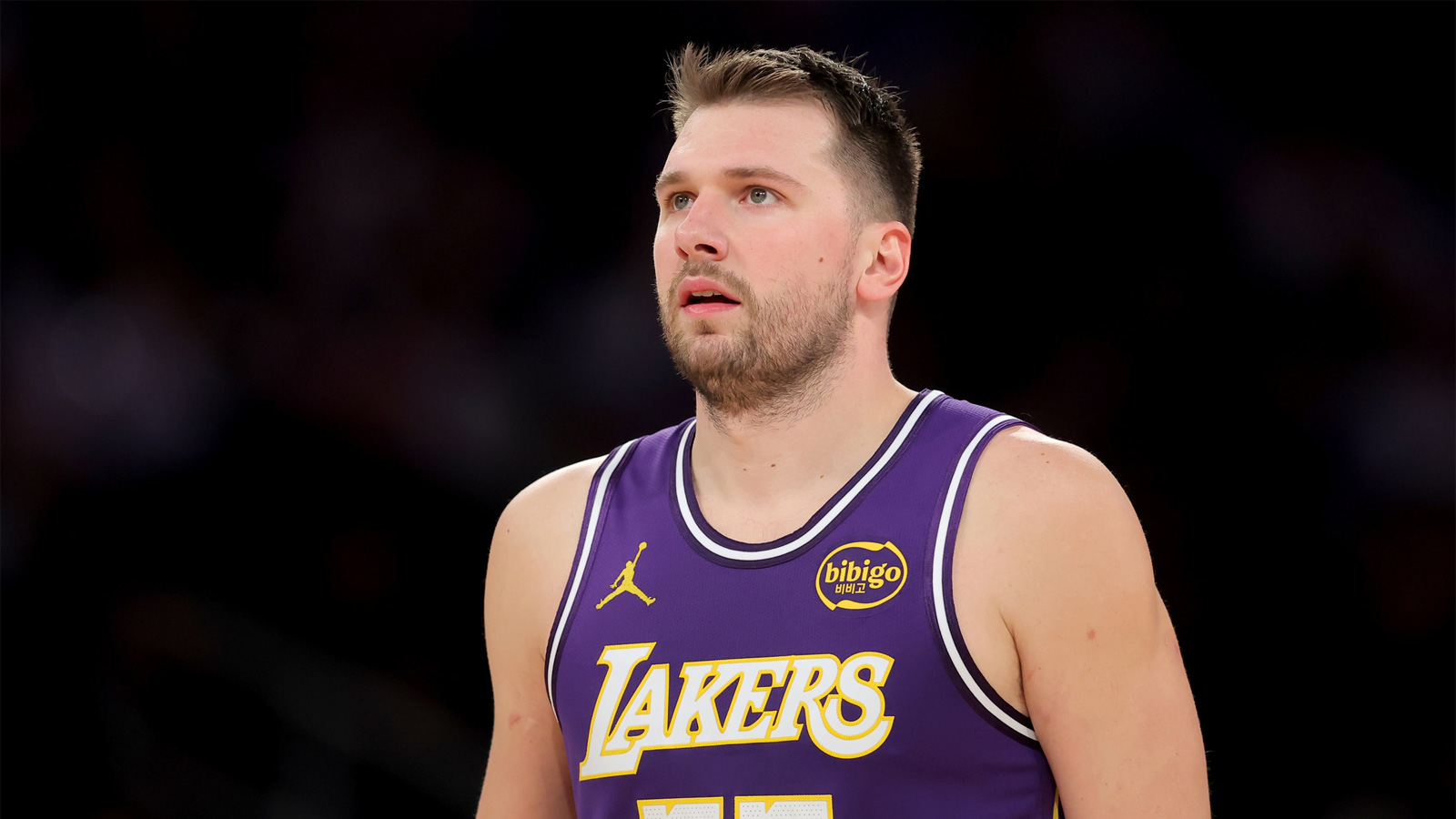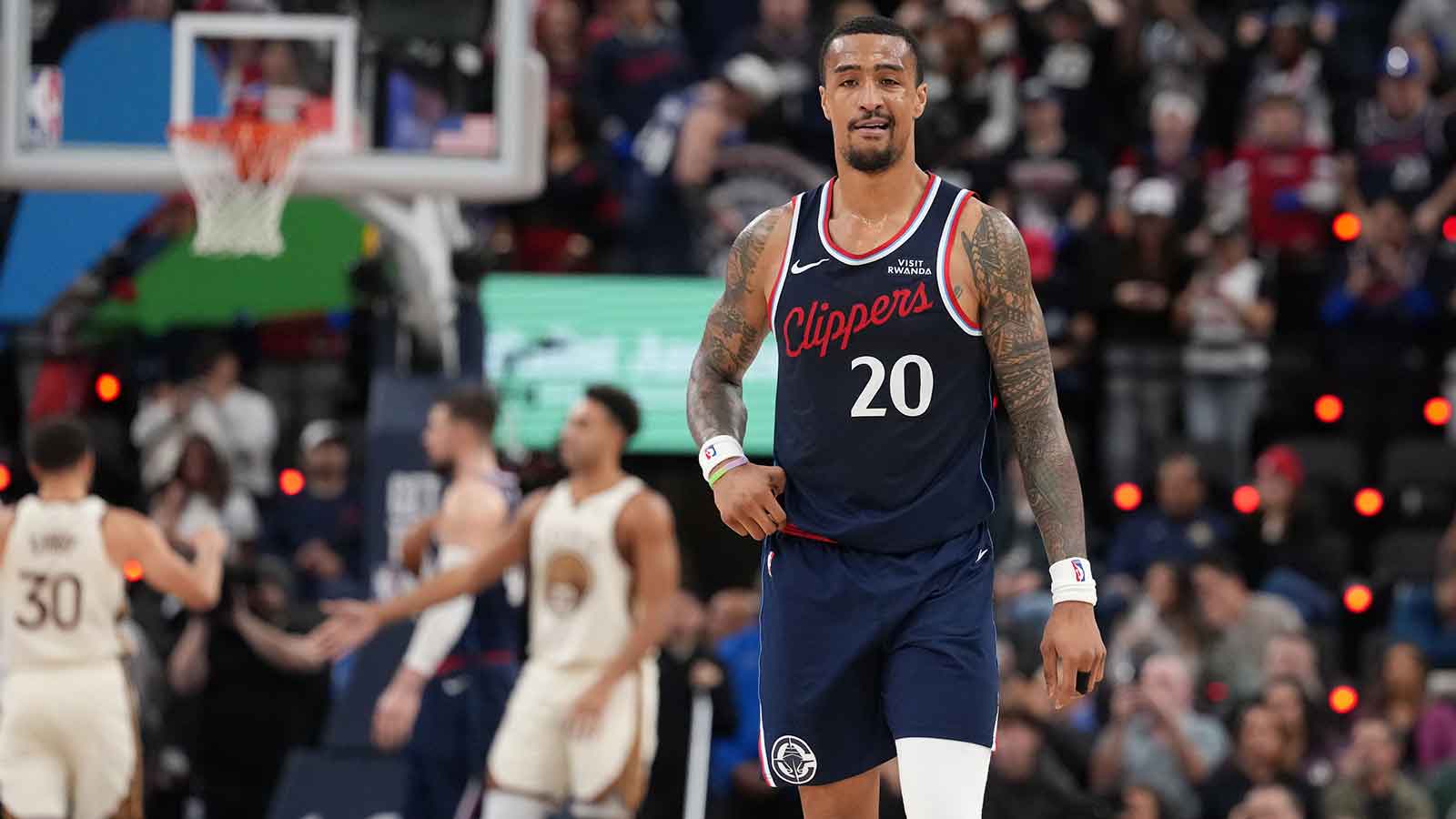On Wednesday, a bombshell report from Pablo Torre shook the NBA world. Torre reported that he discovered evidence that the Los Angeles Clippers attempted to circumvent the NBA's salary cap rules to pay star forward Kawhi Leonard. According to his findings, Steve Ballmer and Leonard had a deal in place that would pay Leonard more money outside his NBA deal.
The magnitude of this scandal cannot be understated. If this report is proven true, it will significantly hurt the Clippers. Circumvention of the NBA's salary cap has long been a possibility, but no team has been brazen enough to do it… or they've hid it well. As expected, the NBA is panicking over this situation.
“I can tell you though from the NBA perspective, what I've been told this morning is that it's been a bit of panic over there,” Torre reported on his show. “I'm told that they did not know about this deal between Steve Ballmer, or at the very least between Aspiration and Kawhi Leonard with the influence of Steve Ballmer according to our reporting being the driving force of it. So yeah, it's going to get a a little messy, Dan, over there I think.”
The allegations center around a sponsorship deal between Aspiration, a now-bankrupt company with ties to Ballmer and the Clippers, and Leonard's company KL2. According to Torre's report, Leonard had an endorsement deal worth $28 million with Aspiration. However, upon further insspection, the Clippers star never endorsed the company publicly. A former employee of the company seemed to confirm that the deal was meant to circumvent the NBA's salary cap to pay Leonard more.
The current Collective Bargaining Agreement explicitly forbids teams and players from circumventing the salary cap by signing contracts outside the league. That includes contracts that are meant to “sweeten the pot” while not eating away at the team's salary cap. This “ghost” deal can be viewed as the Clippers tacking on more money for Leonard than what his NBA contract states.
If proven guilty, the Clippers are set to lose multiple draft picks. The Minnesota Timberwolves lost three first-round picks in 2000 after engaging in similar activity.

